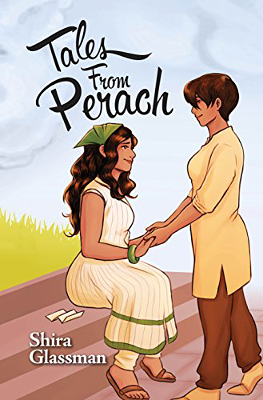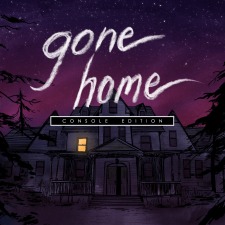 Series: Mangoverse, #5
Series: Mangoverse, #5
First Published: 19th July, 2016
Genre: Fantasy / Short Story Collection
Available: Amazon.com | Amazon UK
This is a collection of short stories linked to the main novel series. The original edition contained five stories. I read the updated edition, which also contains two stories previously published as Tales from Outer Lands. I haven’t read the novels, though mostly the stories worked on their own and had self-contained plots. An exception was “Every Us”, which came across as more of an extra scene for people who know the characters.
“Rivka in Port Saltspray” is the strongest in terms of standing alone. Rivka needs money, so ends up taking on a job to rescue a woman. I liked that Rivka and the woman she rescues use their shared faith to communicate: they don’t speak the same daily language, but do know the same stories and prayers. This is also the odd one out in the collection, as it has a fair bit of violence.
The rest of the stories had a generally lighter tone, though I didn’t always react to them in that way. There are microaggressions and threats, which made the stories where they appeared rather more uncomfortable. The one that particularly didn’t work for me was “Aviva and the Aliens”. It’s otherwise a very silly story about hungry locust aliens. But the aliens have all the same attitudes as the men on the planet below, so there’s a forced marriage threat. It changed the tone of the story with a jolt.
I enjoyed the domestic focus of many of the stories, such as running a business and family celebrations. “Take Time to Stop and Eat the Roses” was a particularly fun story, about two children gathering flowers to surprise someone. There’s some interesting fairy lore in this one too.
Many of the characters are queer. This includes trans, bi, lesbian and gay characters. One story has an asexual aromantic supporting character. I appreciated seeing these characters getting to have happy endings. I also liked that their Jewish faith was shown in a positive light. Religion was part of their daily lives.
There’s a lot to like here, but I felt there was an overall mismatch between how I reacted to the stories and what was intended. These are billed as being fluffy, which I could see for some, but not for others. Situations where rape is threatened, leering and microaggressions are all things I find decidedly non-fluffy. It’s not graphic, but those themes are there in some stories.
[A copy of this book was received from the author for review purposes]
 First Published: 24th August, 2016
First Published: 24th August, 2016 Series: Root Code, #3
Series: Root Code, #3 Developer: The Fullbright Company
Developer: The Fullbright Company Collection (First Edition Only): Solitary Travelers
Collection (First Edition Only): Solitary Travelers